Living on Cape Cod in 2025: Pros and Cons You Must Know
The Complete Guide: Pros and Cons of Living on Cape Cod (2025)
Cape Cod, renowned for its scenic beaches, charming villages, and laid-back lifestyle, remains a dream destination for many seeking a picturesque place to call home. But beyond its postcard beauty and vibrant summer scene, living full-time on the Cape comes with a unique set of advantages and challenges. Prospective residents will find an abundance of natural wonders, tight-knit communities, and year-round recreational opportunities, but should also prepare for a higher cost of living, seasonal employment shifts, and fluctuating levels of activity throughout the year. Understanding these pros and cons is essential to deciding if Cape Cod’s coastal allure matches your lifestyle and long-term plans.
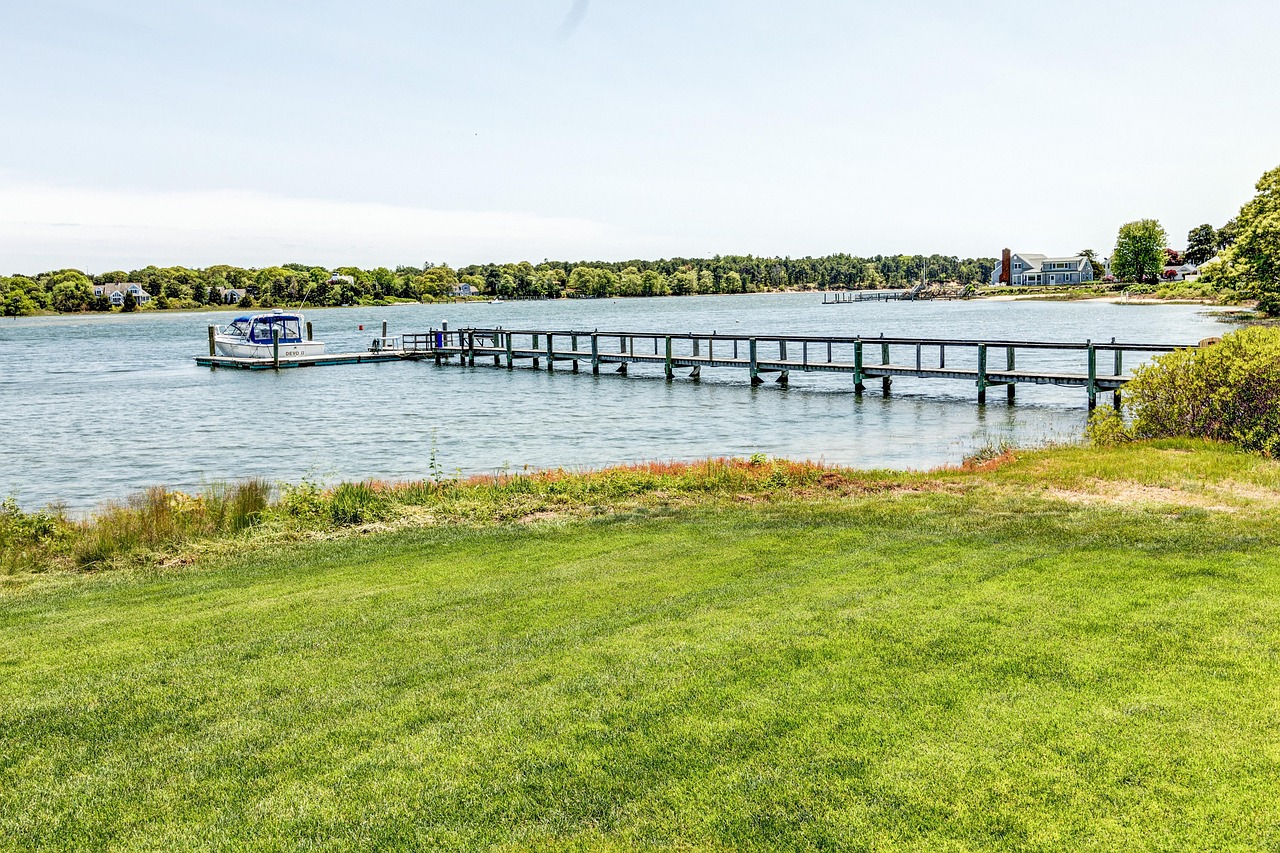
The Pros of Living on Cape Cod
Unparalleled Natural Beauty and Outdoor Recreation
Cape Cod's natural splendor is arguably its greatest asset. The peninsula boasts an impressive 560 miles of coastline, featuring diverse beaches that range from calm, family-friendly waters to Atlantic Ocean surf perfect for experienced swimmers and surfers. The region is home to 18 historic lighthouses, each telling a story of the Cape's maritime past while serving as iconic landmarks.
The Cape Cod National Seashore spans over 40 miles, offering exceptional opportunities for hiking, bird watching, and wildlife photography. Nature enthusiasts can explore salt marshes, tranquil kettle ponds, and coastal dunes that harbor unique ecosystems. The Cape provides world-class whale watching opportunities, particularly during migration seasons when humpback, finback, and minke whales can be spotted from tour boats or sometimes even from shore.
For active residents, the Cape Cod Rail Trail offers 25 miles of paved pathway running through six towns, perfect for cycling, jogging, or leisurely walks. The trail connects various communities and provides access to beaches, ponds, and local attractions. Year-round outdoor activities include kayaking through salt marshes, fishing for striped bass and bluefish, golfing on courses with ocean views, and exploring numerous hiking trails.
Ideal Maritime Climate
Cape Cod benefits from a moderate maritime climate that keeps temperatures more comfortable year-round compared to inland New England locations. Summer temperatures typically range from the 70s to low 80s Fahrenheit, with ocean breezes preventing the oppressive heat found in more urban areas. This natural air conditioning makes summer living exceptionally pleasant.
Winter temperatures are milder than inland areas, though they can still drop into the 20s during cold snaps. The surrounding ocean acts as a temperature moderator, preventing extreme temperature swings. However, residents should be prepared for nor'easters and occasional power outages during winter storms.
Vibrant Community and Rich Cultural Scene
The off-season reveals Cape Cod's true character, fostering a tight-knit community atmosphere where neighbors genuinely know each other and local businesses depend on year-round residents. This creates a strong sense of belonging and community support that's increasingly rare in modern America.
Cape Cod has a rich history dating back to the Mayflower's arrival, with numerous museums, historic sites, and preserved buildings telling the story of early American settlement. The region boasts a vibrant arts scene featuring numerous galleries, theaters, concert venues, and studios. Local artists showcase everything from traditional maritime paintings to contemporary sculptures.
Throughout the year, Cape Cod hosts festivals and events celebrating everything from jazz and blues to seafood and maritime traditions. The Wellfleet OysterFest, Cape Cod Jazz Festival, and various art walks provide regular community entertainment and cultural enrichment.
Outstanding Educational Opportunities
Cape Cod offers quality education through 10 school districts serving the region. Barnstable High School earned recognition as one of the top high schools in the United States, ranking #170 out of 348 high schools in Massachusetts according to U.S. News in 2021. The region's schools emphasize STEM education, arts programs, and career technical education, preparing students for both college and career paths.
Cape Cod Community College provides affordable higher education options and workforce development programs. The college offers associate degrees, certificate programs, and continuing education courses that serve both traditional students and adults seeking career changes or skill development.
Comprehensive Healthcare Services
Cape Cod Healthcare provides comprehensive medical services through Cape Cod Hospital in Hyannis (283 beds) and Falmouth Hospital. The emergency department at Cape Cod Hospital ranks among the busiest in Massachusetts, serving over 84,000 patients annually. The healthcare system offers specialized services including cardiovascular care, comprehensive cancer treatment, and trauma services.
The region's healthcare infrastructure has adapted to serve both the year-round population and the influx of seasonal residents and visitors. Multiple urgent care centers, specialty practices, and rehabilitation services ensure residents have access to quality medical care.
World-Class Culinary Scene
Cape Cod is renowned for its fresh, locally-caught seafood available directly from fishing docks and local markets. The region's culinary scene extends far beyond traditional clam shacks, though these remain beloved institutions. Visitors and residents can enjoy everything from casual waterfront dining to world-class restaurants featuring innovative cuisine.
Local specialties include fresh oysters from Wellfleet, Cape Cod cranberries, and locally-caught fish prepared by skilled chefs who understand how to highlight the natural flavors of fresh ingredients. Many restaurants source ingredients locally, supporting the community's agricultural and fishing industries.
The Cons of Living on Cape Cod
Significantly High Cost of Living
The most significant challenge facing potential Cape Cod residents is the high cost of living. The cost of living in Cape Cod is relatively high, with a cost-of-living index score of 131.5, while the state average is 127.5. This represents a cost of living that's 28.5% higher than the national average.
Housing costs present the greatest financial challenge. The median cost of a single-family home on Cape Cod has soared to more than $750,000 – a price tag requiring an annual income of $220,000. The median sales price has increased dramatically from $433,000 in 2019 to $730,000 for 2023, representing a staggering 62% increase in just four years.
According to the Family Budget Calculator, the average family of four (with two adults and two children) will need around $9,746 per month or $116,948 per year to afford the typical Cape Cod living expenses. This includes housing, food, childcare, transportation, and other necessities.
Additional housing-related costs include higher home insurance premiums due to hurricane and storm risks, significant heating costs during winter months (especially in older homes), and the reality that year-round rental housing is almost non-existent. Even everyday expenses like groceries remain at vacation season prices throughout the year.
Limited Year-Round Employment Opportunities
Unless you work remotely or own a business, finding stable, lucrative year-round employment can be extremely challenging. Many Cape Cod industries are highly seasonal, particularly tourism, hospitality, and retail sectors. The Cape & Islands accounts for only 3.1 percent of the state's employment (98,000 jobs), and the region has historically experienced slower job growth during economic recoveries.
The largest industries by employment are Accommodation and Food Services (16.3%), Health Care and Social Assistance (15.9%), and Retail Trade (15.1%). While these sectors provide jobs, they don't necessarily offer the highest wages or most stable year-round employment.
The seasonal nature of much employment means many workers must either find winter work elsewhere, depend on unemployment benefits, or work multiple jobs to make ends meet. This employment instability contributes to the difficulty of affording Cape Cod's high cost of living.
Transportation and Traffic Challenges
Cape Cod faces significant transportation challenges, particularly during summer months from Memorial Day to Labor Day. The limited access routes, primarily the Sagamore and Bourne Bridges, create bottlenecks that cause substantial traffic delays. Weekend traffic in summer months can turn a normally 15-minute drive into an hour-long ordeal.
Public transportation options remain minimal, making a reliable vehicle essential for Cape Cod residents. The Cape Cod Regional Transit Authority operates bus services, but service is reduced in the off-season with only four of eight routes running. The remaining routes operate limited hours, making public transit impractical for many residents' daily needs.
For residents who need to commute off-Cape for work, the daily traffic struggles can be mentally and financially exhausting, particularly when combined with rising gas prices and vehicle maintenance costs.
Seasonal Business Closures and Social Isolation
Many restaurants, shops, and attractions shut down after Labor Day, which can make the off-season feel isolating for year-round residents. This seasonal nature affects not only entertainment options but also the availability of services and goods throughout the year. Residents often must travel farther for basic needs during the off-season when many local businesses close.
The winter months can be particularly challenging for those accustomed to year-round activity and social interaction. The combination of seasonal business closures, reduced transportation options, and harsh weather can create a genuine sense of isolation. This is especially difficult for people who moved to Cape Cod from more urban areas with year-round amenities and activities.
Healthcare Access Difficulties
Despite having quality healthcare facilities, finding a doctor can be quite challenging, and securing appointments is often difficult. Many healthcare services cater primarily to the older population, reflecting the Cape's demographics. Residents frequently must travel to Boston for specialized medical care, adding time, expense, and inconvenience to healthcare needs.
The region faces a potential overall shortage of younger workers, as 56.4 percent of the civilian labor force is 45 years or older. This demographic challenge affects all service sectors, including healthcare, where recruiting and retaining younger medical professionals can be difficult.
Demographic Challenges and Population Decline
Cape Cod has one of the oldest populations in Massachusetts, with more than half of the civilian labor force over 45 years old. The region was one of only two labor markets to decline in population in the past decade, raising concerns about workforce sustainability and community vitality.
This aging population creates challenges for maintaining vibrant communities, supporting schools, and ensuring adequate services for all age groups. Young families often find limited opportunities for children's activities and peer groups, contributing to the outmigration of younger residents.
Safety and Crime Considerations
While Cape Cod is generally safer than urban areas, Barnstable County has a violent crime rate of 242 crimes per 100,000 people and a property crime rate of 806 crimes per 100,000 people. Though these rates are lower than state and national averages, the crime rate is higher than 77% of Massachusetts cities and towns.
Property crimes, including break-ins at seasonal homes and theft from vehicles, occur regularly. Residents, particularly in more isolated areas, should take standard precautions and remain aware of their surroundings.
Harsh Winter Reality
Winters on Cape Cod can be surprisingly harsh and isolating. While milder than inland areas, winter temperatures can still drop to the 20s, and the region experiences nor'easters that can cause significant power outages and travel disruptions. The combination of seasonal business closures, reduced transportation options, and weather challenges can create genuine hardship for some residents.
The picturesque summer scenes that attract people to Cape Cod can transform into desolate, wind-swept landscapes during winter storms. Residents must be prepared for heating costs, potential power outages, and limited entertainment and dining options during the coldest months.
Financial Considerations: What You Need to Know
Based on current market conditions and cost analyses, potential Cape Cod residents should carefully evaluate their financial situation. The Cape Cod real estate market is projected to maintain its strength throughout 2025, with a continuation of rising home prices and persistently low inventory levels.
For those considering purchasing a home, financial experts suggest having a household income of at least $220,000 to comfortably afford the median home price. This should be combined with a substantial down payment and emergency fund to handle unexpected expenses like storm damage or major repairs.
Renters face equally challenging prospects, with year-round rental properties scarce and expensive. Many landlords prefer short-term vacation rentals over long-term residents due to higher profit potential.
Who Should Consider Living on Cape Cod?
Cape Cod living works best for:
Retirees with financial security who can afford the high costs and appreciate the slower pace and natural beauty.
Remote workers with stable income who can work from anywhere and value quality of life over urban amenities.
Seasonal business owners who can capitalize on the tourism industry and don't mind the off-season challenges.
Healthcare and education professionals who can find year-round employment in these stable sectors.
People seeking community connection who value tight-knit neighborhoods and are willing to invest in local relationships.
Who Should Think Twice?
Cape Cod may not be suitable for:
Young professionals seeking career growth in competitive industries with limited local opportunities.
Families on tight budgets who cannot comfortably afford the high cost of living and housing.
People who need constant entertainment and dining options and would struggle with seasonal business closures.
Individuals who prefer urban diversity and cultural amenities available year-round in larger cities.
Those who dislike driving or need reliable public transportation for daily activities.
Making Your Decision
Living on Cape Cod offers an exceptional quality of life for those who can afford it and adapt to its unique seasonal rhythms. The decision ultimately depends on your financial situation, employment flexibility, lifestyle preferences, and desire for a close-knit coastal community experience.
Before making the move, consider spending a full year on Cape Cod, including the winter months, to experience both the challenges and rewards of year-round living. Connect with local residents, explore job opportunities in your field, and honestly assess whether you can comfortably afford the lifestyle financially and emotionally.
Cape Cod's natural beauty, strong community bonds, and unique character make it a special place to call home for those who are well-prepared for its realities. With careful planning and realistic expectations, Cape Cod living can provide an unmatched quality of life in one of America's most beautiful coastal regions.
Categories
Recent Posts

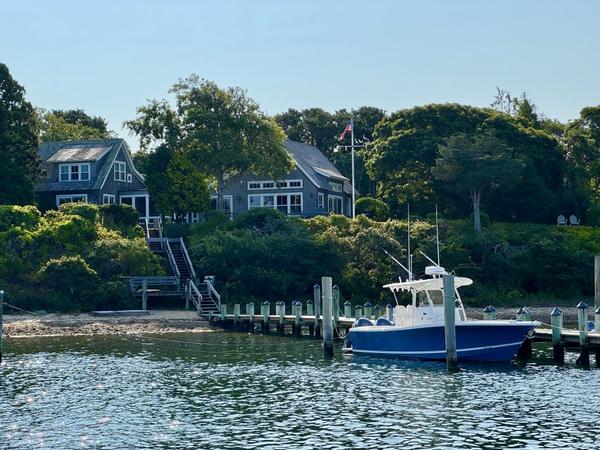
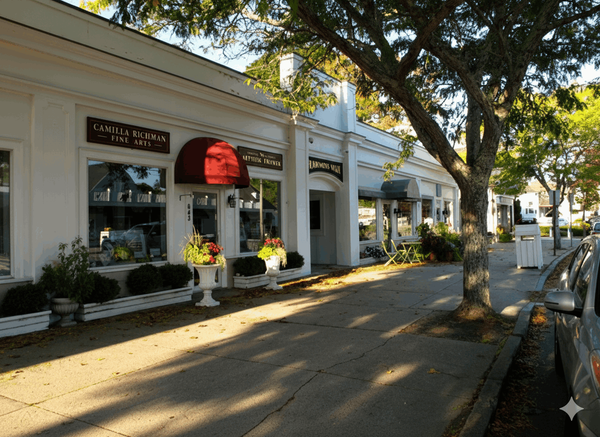
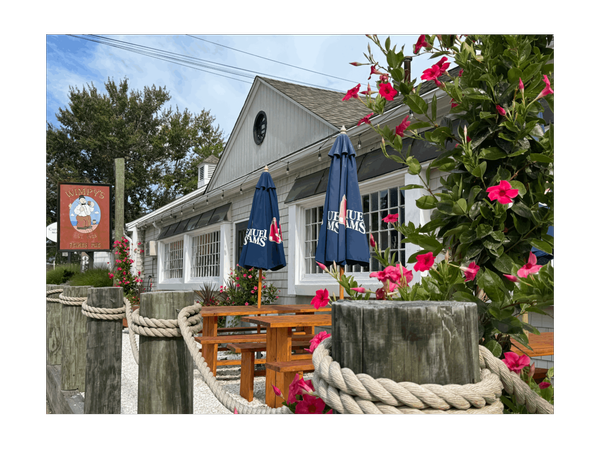

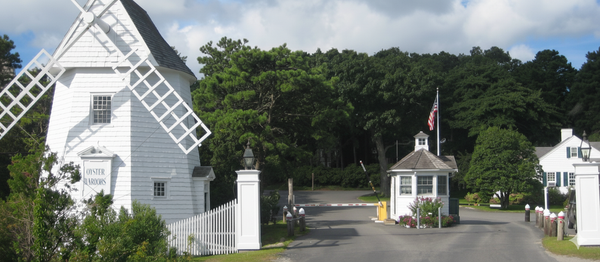

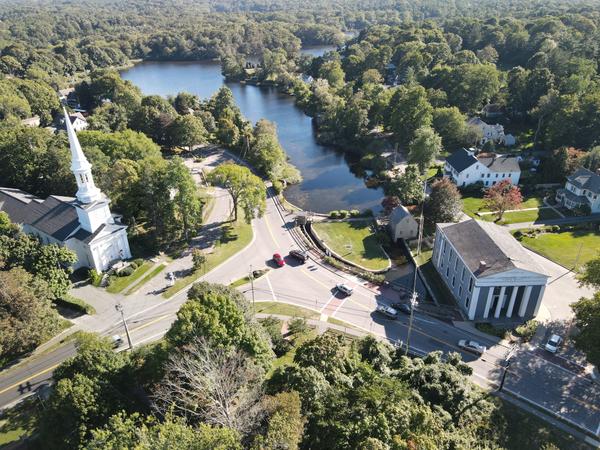


GET MORE INFORMATION

